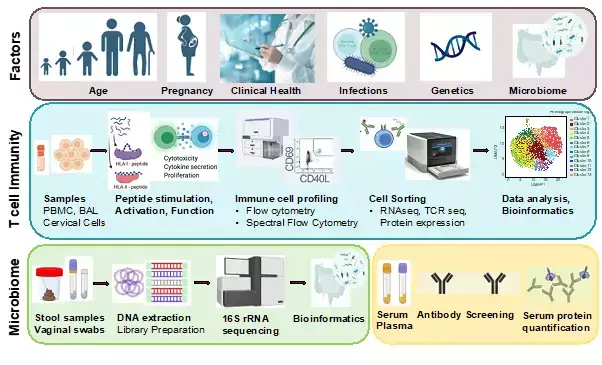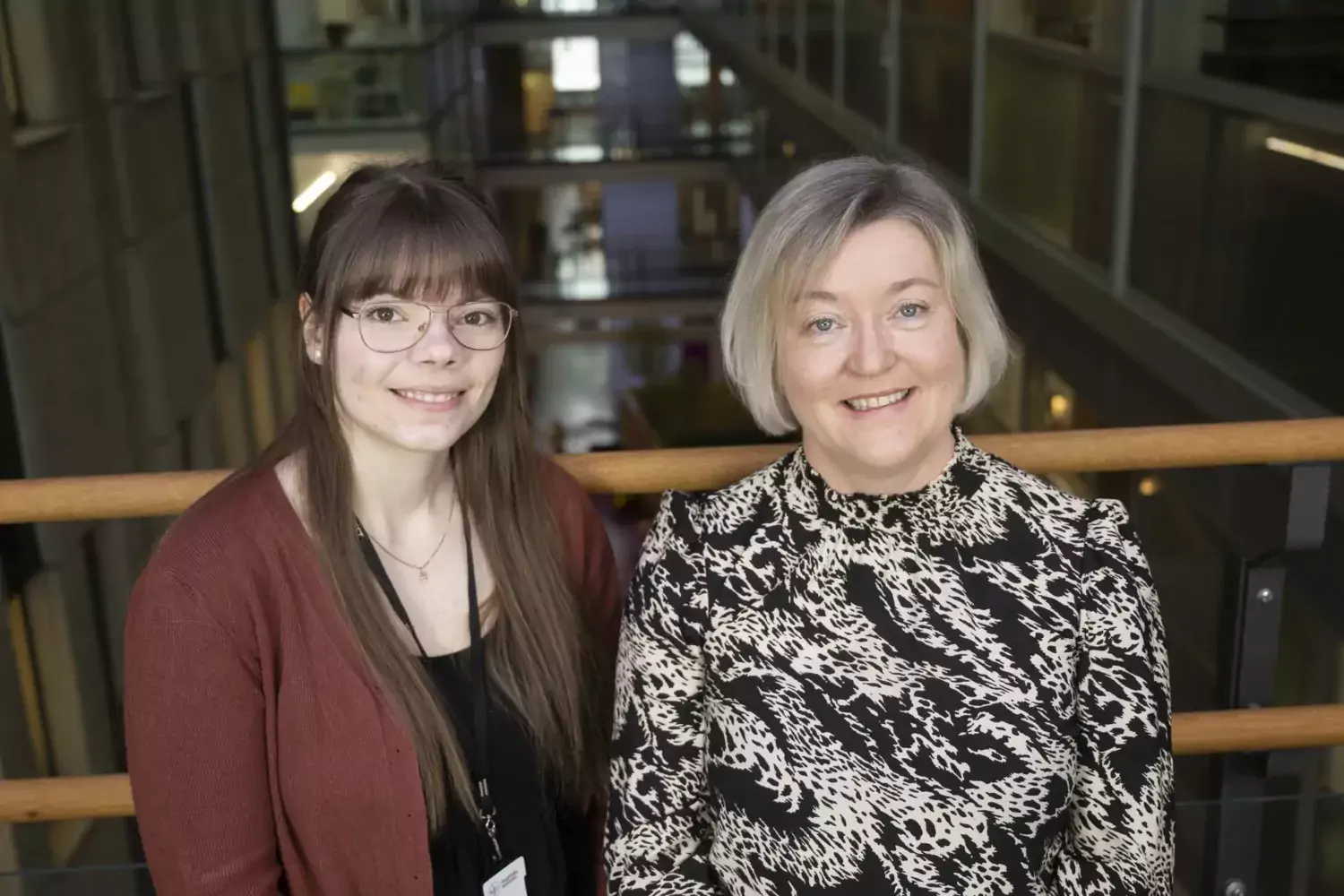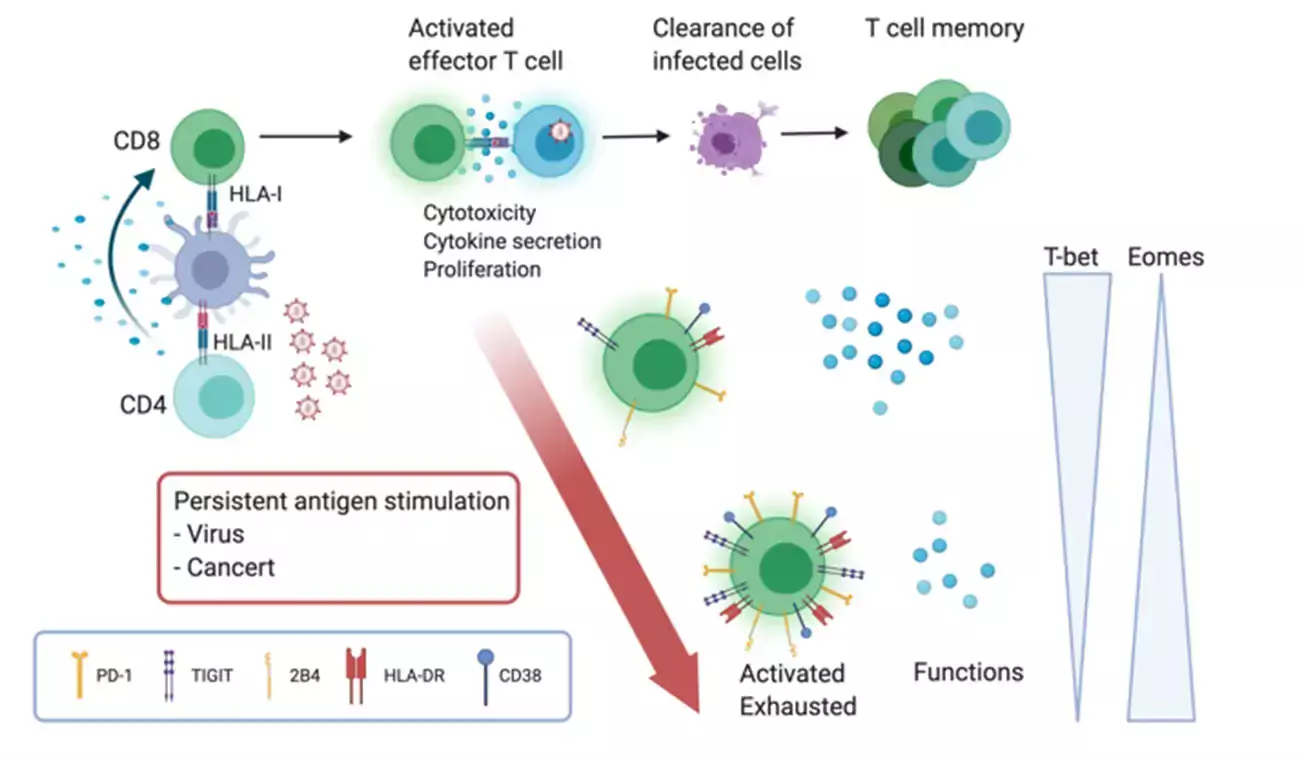Research focus
Our research goal is to define virus-specific T cell immunity in pregnant women, children, adolescents, adults, elderly, and in human cancer with implications for immunopathogenesis, development and regulation of the immune system, and health (Figure 1). We are the link between immune response and health with an empahsize on HIV and SARS-CoV-2 infection.
By adapting bioinformatics my group has established a system to evaluate virus-specific CD4 and CD8 T cell responses in genetically diverse populations infected with different viral variants. The work is based on collecting and identifying T cell responses in well characterized patient cohorts from which we conduct genetic typing of the viral population and the patient’s human leukocyte antigen (HLA) class I and II haplotypes (Figure 1). This, the genetic information of the virus and the host, is essential for our evaluation of HLA – epitope – T cell receptor (TCR) specific interactions in relation to different aspects of the of pathogen- and malignancy-specific T cell subpopulations in blood and tissue. Our approach has important implications for our potential to identify correlates for the efficacy of virus-specific T cell responses in relation to human health. Our goal is to guide future treatments and vaccinations strategies in children and elderly by increase our understanding of the cellular prerequisites for development, maintenance, and function of antiviral memory T cells.

 Photo: Getty Images
Photo: Getty ImagesCommon cold gives children immunity against COVID-19
Researchers at Karolinska Institutet are now able to show that OC43, one of the coronaviruses that cause common colds, boosts the immune response to COVID-19. The study, which is published in PNAS, could give rise to more tailored vaccine programmes for children and adults.


